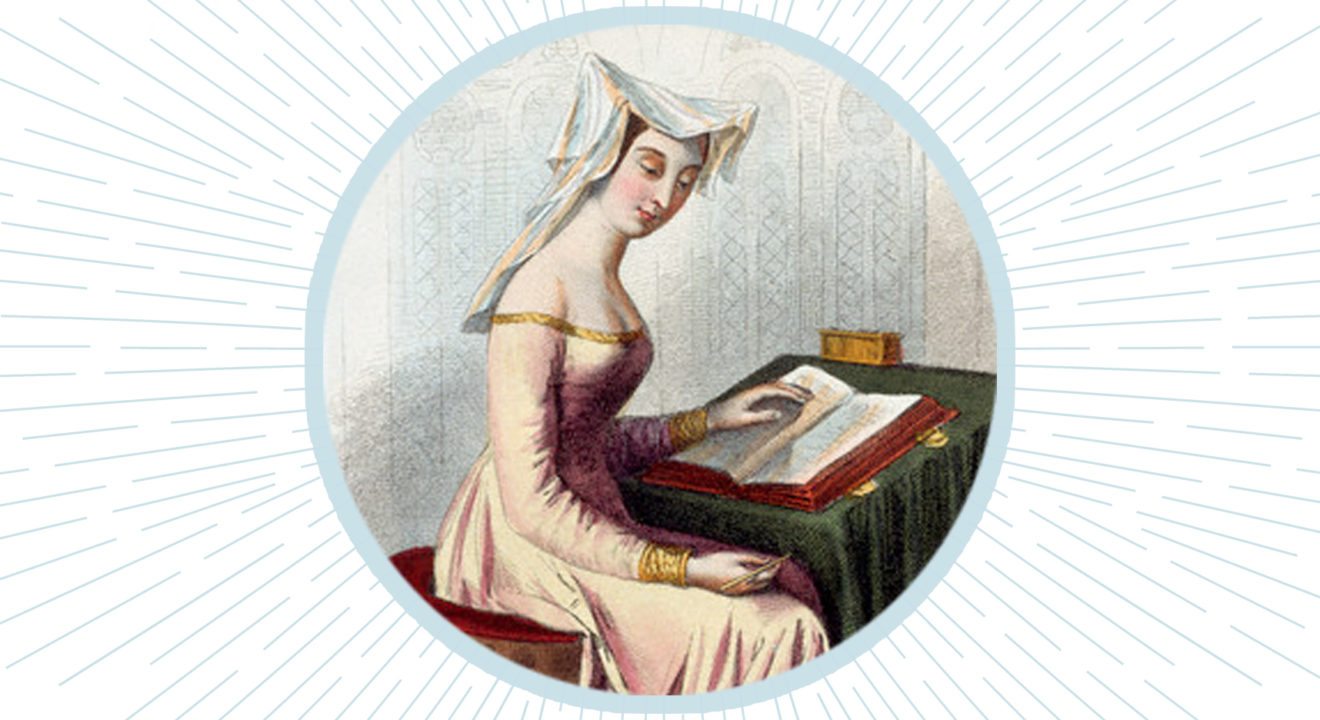Inspiration January 20, 2017


In our ongoing series #WomenThatDid ENTITY profiles inspirational and famous women in history whose impact on our world can still be felt today. If you have a suggestion for a historical powerhouse you would like to see featured tweet us with the hashtag #WomenThatDid.
Name: Christine de Pizan
Lifetime: September 11, 1364 – 1430
What she’s known for: Christine de Pizan was an Italian-French medieval author and court writer for several decades. She wrote poetry and prose in books that contained practical advice for women. During her career she produced 41 works of poetry, ballads, biography and literary commentaries.
READ MORE: #WomenThatDid: Barbara Strozzi
Why we love her: Christine was born in Italy to a court physician, astrologer and councilor of the Republic of Venice. Shortly after her birth, her family moved to France, where her father became the King’s astrologer, alchemist and physician for Charles V.
At the royal court of Charles V, she was able to pursue her academic interests and educate herself. She married a royal secretary of the court when she was fifteen and had three children with him, one of whom died in infancy. Her husband died of an epidemic ten years into their marriage.
After being widowed at the age of 25, Christine turned to writing to support herself, her mother, niece and two surviving children. She wrote love ballads for wealthy court patrons and from 1393-1412 she composed more than 300 works. Her poetry confirmed her knowledge of the aristocratic French culture and fashions, and her works involved women and the practice of chivalry.
Her most famous texts, “The Book of the City of Ladies” and “The Treasure of the City of Ladies,” highlight the contributions of women from past societies. Christine “began her literary career by singing, alone in her room, and she finished by shouting in the public square,” and Simone de Beauvoir argued that for the “first time we see a woman take up her pen in defense of her sex.”
Fun fact: In 1401 she participated in a literary debate, which allowed her to establish herself as a writer of women’s position in society. She challenged the authority of Jean de Meun’s “Romance of the Rose,” which portrayed women as seducers.
READ MORE: Christine de Pizan: A Feminist to be Reckoned With in Medieval Europe